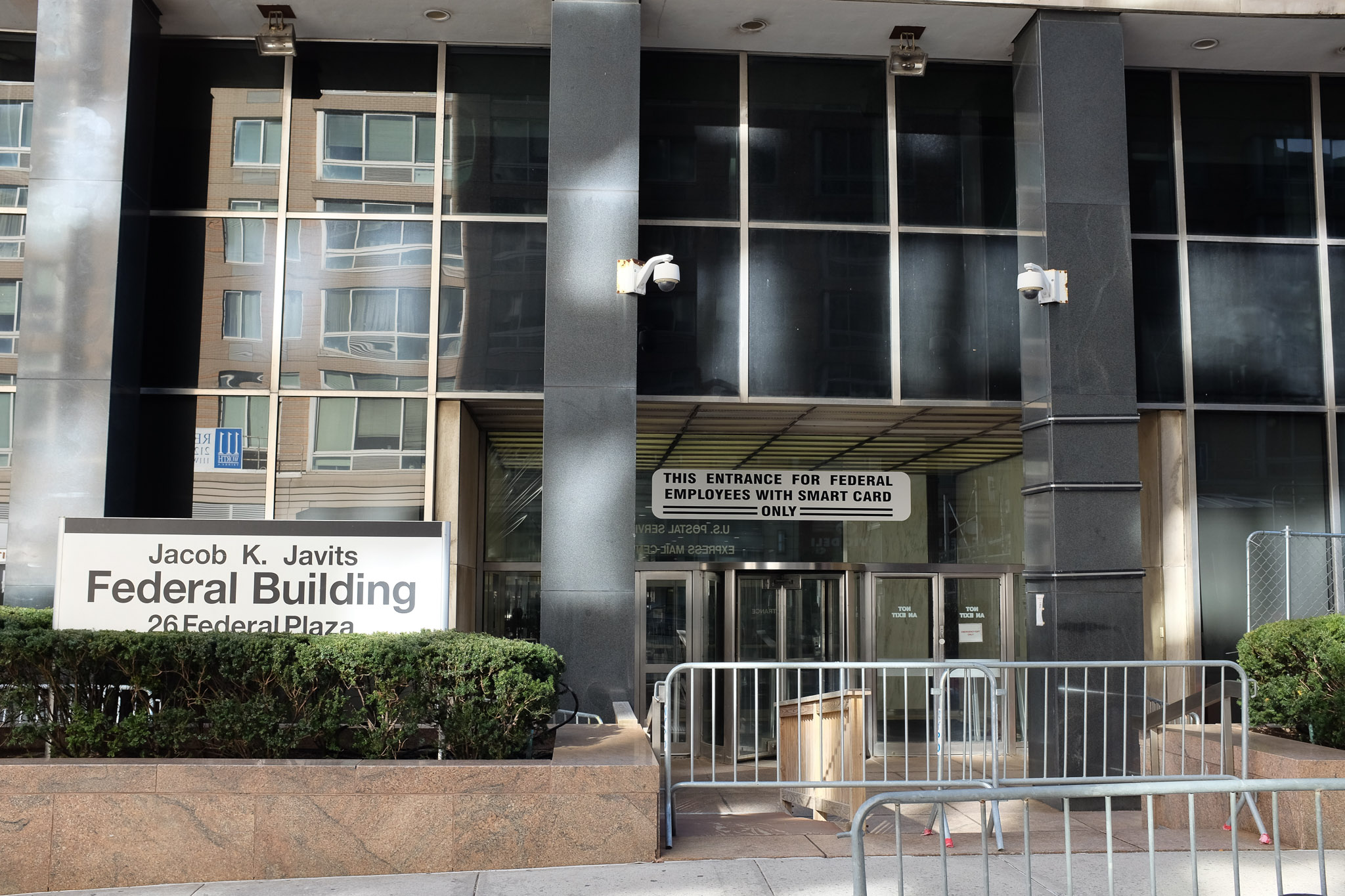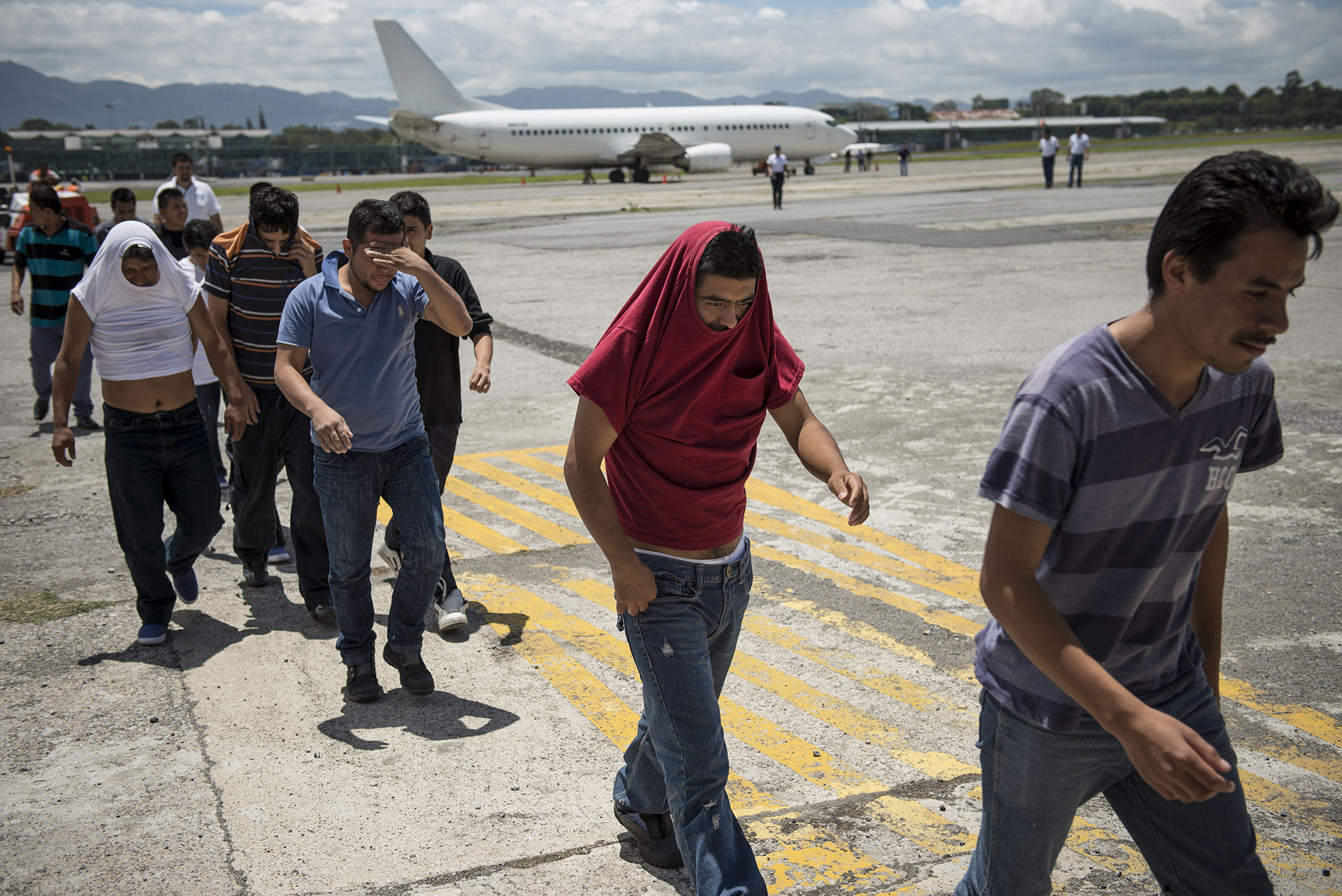Undocumented workers across the country who have been afraid to speak up about labor rights violations due to their immigration status now have new leverage to take action against their bosses.
On Feb. 13, the U.S. Occupational Safety and Health Administration (OSHA) announced for the first time that the agency will have the authority to issue visa certifications to workers who have had their safety laws violated, as well as other workplace abuses, regardless of their immigration status.
Prior to the announcement, only law enforcement agencies, prosecutors, or judges involved in a criminal investigation could issue visa certifications. But the new rules, which will take effect on March 30, not only protect workers from immigration-related retaliation from their employers but will also allow workers to remain in the U.S. with lawful status while OSHA investigates and prosecutes illegal workplace practices.
Also Read: Contractors with Luxury Building Declared Bankruptcy To Evade Paying Immigrant Workers
“To fulfill OSHA’s mission to ensure safe and healthy workplaces, it is critical that workers, regardless of immigration status, are able to report unsafe conditions without fear of retaliation,” said Kimberly Darby, an OSHA spokesperson, who added that OSHA is aware many workers may not report a workplace hazard because of “their immigration status and-or the threat of retaliation.”
Workers can either apply for a U-Visa or T-Visa, U-Nonimmigrant Status and T-Nonimmigrant Status, which would grant them temporary immigration benefits provided by the U.S. Citizenship and Immigration Services (USCIS). Once U or T-visas are obtained, workers can be employed legally, assist family members to obtain immigration status, apply for public benefits as well as have a pathway to permanent resident status.
According to OSHA, U or T-visa applicants must have a certification from a law enforcement agency before USCIS considers their application. Under the new rules, workers could apply directly for certification from OSHA and then submit their application to USCIS.
Also Read: Wage Theft Scheme Tied to Brooklyn Address Where 2,000 LLCs are Registered
OSHA’s announcement follows the U.S. Department of Homeland Security’s (DHS) similar announcement in January that the DHS will provide undocumented workers who have witnessed or were victims of labor abuse an expedited deferred action request process.
Charlie Uruchima, program coordinator with the New York Committee for Occupational Safety and Health (NYCOSH), an organization that offers workers safety training, OSHA certification, and Know Your Rights Training, says that the new rules will offer NYCOSH yet another tool in its toolbox to fight for workplace safety among undocumented workers who may fear coming forward.
“It’s going to be super helpful for our workers,” said Uruchima. “A lot of them are reluctant to call any federal agency but seeing OSHA, a federal agency, stepping up and offering this kind of protection to workers, it’s a big milestone and in my opinion, allows them to feel safer to submit claims.”
Moving forward, NYCOSH plans to integrate the new rules into its workers’ rights training and curriculum. But since the announcement, Uruchima says he hasn’t heard from OSHA about an outreach plan. He hopes the agency can work with NYCOSH and other worker centers to develop a comprehensive plan to get the word out about the new protections.
Also Read: Mayor Eric Adams Budget Cuts Put Wage Theft Recovery Program In Jeopardy
“Hopefully, they step it up as well for workers so we can tag team on the outreach,” he said.
Darby said they are currently developing outreach events to get the word out as they did in September 2022, when they hosted a Workers’ Voice Summit to hear directly from workers about their concerns. Although the new increased protections aim to give undocumented workers some measure of protection under the law, the application for a U-visa is not exactly a cakewalk. There are over 200,000 U-visa petitions waiting to be heard. U-visa applicants can sometimes wait up to four years before their visa is granted. And, although workers who apply will be protected from deportation and be granted work authorization, applicants with criminal records don’t have the same protections.
Correction: An earlier version of this story misstated that under OSHA’s new U&T Visa guidelines victims of wage theft would qualify for visa certification. In fact, wage theft will not qualify for visa certification and is not in OSHA’s purview. We apologize for the error.














